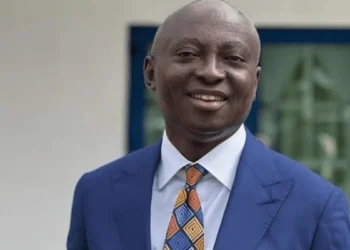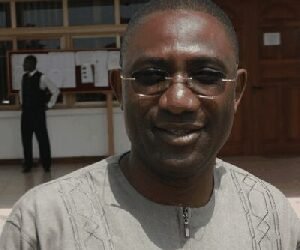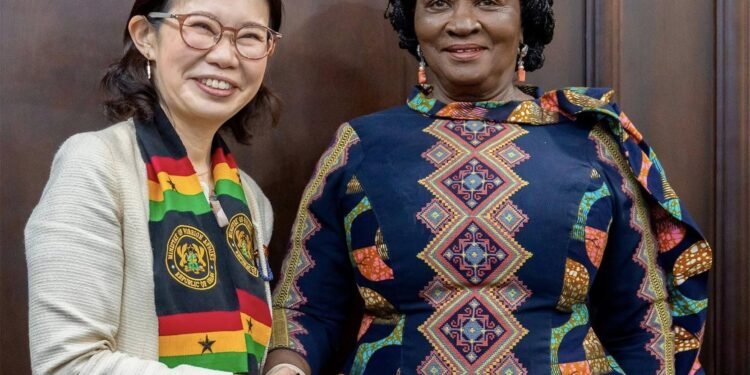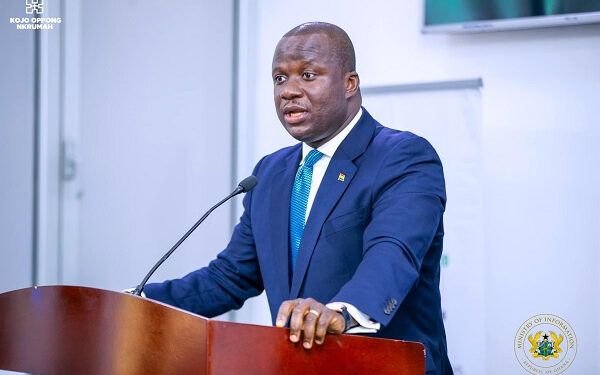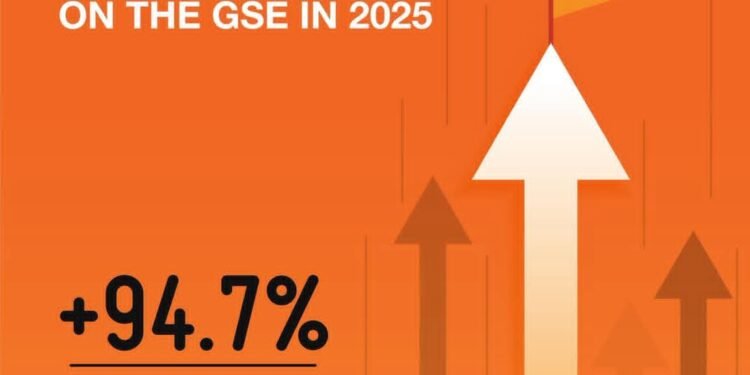In a recent detailed analysis, Musa Dankwah, Executive Director of Global InfoAnalytics, has strongly defended the credibility of its recent constituency poll conducted on November 5, 2024, in Dome Kwabenya.
The poll, aimed at gauging voter trends and candidate support ahead of the 2024 elections, has stirred debate, especially among supporters of the New Patriotic Party (NPP) and the National Democratic Congress (NDC).
“The poll revealed that 42.3% of the respondents we interviewed had voted in the 2020 elections and they voted for Elikplim Akrugu. Akrugu actually obtained 40.64%. 52.8% said they voted for Adwoa Sarfo, she actually obtained 58.35%.
“However, there were 4.4% who did not disclose their vote but looking at the fact that are voting for Mike Oquaye by majority, I believe they voted for Adwoa Sarfo.”
Musa Dankwah, Executive Director of Global InfoAnalytics
His analysis aims to reinforce the poll’s credibility by emphasizing its accuracy in mirroring the historical voting trends of the constituency. “Before you say [the poll] is bogus, this is one way to verify its validity,” he stated.
Current Poll Insights: A Shift Toward Akrugu
Highlighting the details of the poll, Musa Dankwah noted that the polls revealed a significant shift in voting patterns, notably among those who voted for Adwoa Safo in 2020. He disclosed that among respondents who had previously supported Adwoa Safo, nearly 16% indicated that they now intend to vote for NDC’s Akrugu, with an additional 11% of undecided 2020 voters also leaning toward her.
This crossover according to Musa Dankwah has bolstered Akrugu’s coalition, with 96% of her previous supporters set to vote for her again, alongside a small portion—3%—who are now leaning toward Mike Oquaye Jr., the current NPP candidate.

He noted that for Oquaye Jr., the challenge appears steep, asserting that although he retains 77% of Safo’s former supporters, 6% remain undecided or unlikely to vote. The undecided vote—a critical component in any close race—could lean significantly towards either candidate but currently shows a heavier alignment with voters disenchanted with the NPP.
Adwoa Safo’s Declining Voter Base
According to Musa Dankwah, the poll data underscores a shifting loyalty among voters who previously supported Adwoa Safo, with a substantial 17% of Akrugu’s coalition comprising former Safo supporters.
This he argued is notable, given that Oquaye Jr. only draws 3% of Akrugu’s former supporters, adding that additionally, 50% of undecided voters had previously supported Safo, suggesting a vulnerability for the NPP in securing this segment.
Musa Dankwah’s interpretation of the data points to a “coded message” for both the NPP and NDC in Dome Kwabenya: “The NPP must confront the possibility of losing traditionally supportive voters, while the NDC may gain from the disenchantment if it can solidify Akrugu’s appeal among undecided and swing voters.”

Implications for the Dome Kwabenya Race
The findings carry implications for campaign strategies in Dome Kwabenya as the December elections draw nearer. For the NPP, the challenge lies in addressing the apparent dissatisfaction among Adwoa Safo’s former supporters to prevent further defections.
For the NDC, the data suggests that Akrugu’s coalition could expand if she capitalizes on undecided voters and those leaning away from their previous support of the NPP.
In his closing remarks, Musa Dankwah defended Global InfoAnalytics against accusations of bias, attributing the sophistication and meticulous methodology of his organization’s polls to their reliability.
“We are showing you how different and sophisticated Global InfoAnalytics is when it comes to polls. De play,” he concluded with a touch of humor.
READ ALSO: Gabon Holds Referendum to End Dynastic Rule




